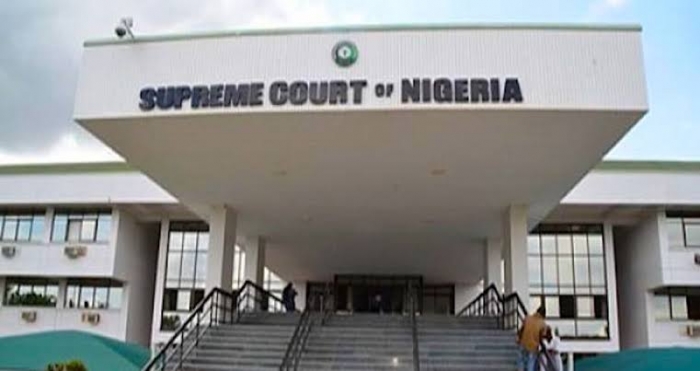Justice Kudirat Kekere-Ekun's ascent to the position of acting Chief Justice of Nigeria (CJN) comes at a time when the Supreme Court and the Nigerian judiciary are grappling with an unprecedented crisis of public confidence. Her appointment, shrouded in controversy due to her involvement in the widely criticized Imo State governorship decision of 2020, only deepens the skepticism of a public already weary of a judiciary perceived as corrupt, inconsistent, and subservient to political powers.
The task before Kekere-Ekun is monumental: to restore the integrity of an institution that has, over the past years, become synonymous with compromised verdicts and opaque practices. This challenge is compounded by her own controversial past, which threatens to overshadow her tenure before it even begins. However, it is not an impossible task. With decisive actions and unwavering commitment to judicial reform, she can set the Nigerian judiciary on a path to redemption.
One of the most glaring issues undermining the judiciary is the lack of transparency in its operations, particularly in the areas of financial management, appointment processes, and disciplinary actions. Kekere-Ekun must prioritize opening up these processes to public scrutiny. The National Judicial Council (NJC) should adopt a more transparent system for the appointment of judges, ensuring that merit, rather than political connections, is the guiding principle. Additionally, disciplinary measures against erring judges must be stringent and publicized to demonstrate a zero-tolerance policy towards corruption.
The Nigerian judiciary's perceived subservience to the executive branch is another critical issue. Recent administrations have been accused of exerting undue influence over judicial appointments and decisions, leading to a judiciary that often appears to be an extension of the ruling party rather than an independent arbiter of justice. Kekere-Ekun must assert the independence of the judiciary by resisting any attempts at political interference. This includes standing firm against any pressure to deliver judgments that favour the government or powerful individuals. Upholding the sanctity of the judiciary requires courage, and Kekere-Ekun must demonstrate this by ensuring that justice is not only done but seen to be done.
Inconsistent and contradictory judgments have plagued the Nigerian judiciary, leading to confusion and further eroding public trust. The Imo State governorship verdict, where a candidate who came fourth in the election was declared the winner, is a prime example of such inconsistencies. Despite her involvement in this disgraceful judicial faux pas, Kekere-Ekun must lead efforts to establish clear, consistent judicial precedents. This can be achieved by fostering a culture of rigorous legal reasoning and adherence to established legal principles among judges. The Supreme Court, under her leadership, must become a beacon of clarity and consistency in the interpretation of the law.
Restoring public confidence in the judiciary also requires rebuilding the relationship between the courts and the public. Kekere-Ekun must be proactive in engaging with civil society, the legal community, and the broader public to understand their concerns and expectations. Regular communication, transparency in court proceedings, and the inclusion of public input in judicial reforms can help bridge the gap between the judiciary and the people it serves. Additionally, addressing the long-standing issue of judicial delays, which frustrate litigants and contribute to the perception of inefficiency, should be a top priority.
Finally, Kekere-Ekun must recognize that her legacy will be defined by her ability to restore the Supreme Court's reputation. This requires not only delivering justice but also ensuring that the court is above reproach. She must take a firm stand against any form of corruption within the judiciary, and her actions must reflect a commitment to ethical standards that inspire confidence. Her pledge to restore public confidence must be matched by tangible actions that address the systemic issues within the judiciary.
In conclusion, Kudirat Kekere-Ekun's appointment as acting Chief Justice of Nigeria presents both a challenge and an opportunity. While her past decisions have cast a shadow over her reputation, her tenure as CJN offers a chance to turn the tide and restore the judiciary's standing. The road to redemption is long and fraught with obstacles, but with bold reforms, a commitment to transparency, and a steadfast defense of judicial independence, Kekere-Ekun can lay the foundation for a judiciary that the Nigerian people can once again trust and respect.


































































